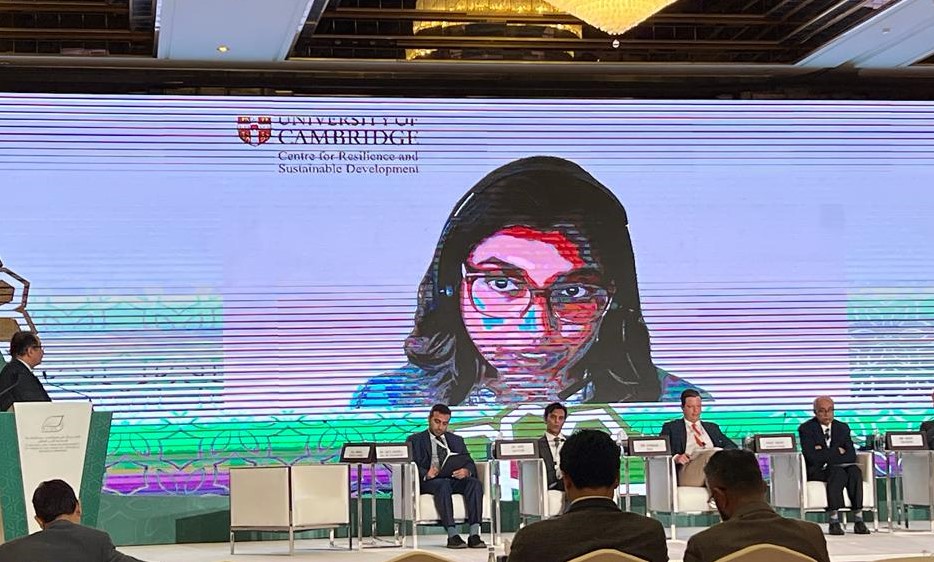Addressing a diverse group of esteemed delegates at a round-table discussion, Dr Habib highlighted several key aspects related to food security and agricultural technology. She emphasised the importance of localising rights to food, which involves creating contextualised approaches and frameworks that consider the specific needs and circumstances of different regions and countries.
Dr Habib also emphasised the need for creating templates of contracts and regulatory frameworks for trade. By establishing standardised agreements and regulations, it becomes easier to foster collaboration and ensure fair and equitable trade practices in the agricultural sector. Additionally, Dr Habib mentioned the concept of common pool asset structuring strategy (COMPASS). This refers to the need to manage and distribute shared resources effectively and sustainably, while taking into account the diverse stakeholders and interests involved.
Dr Habib stressed the significance of public-private partnerships and government initiatives in driving technology-driven solutions for agriculture. These collaborations can provide the necessary resources, expertise, and support to bring innovative agricultural technologies to scale and address food security challenges. Overall, Dr Nazia M Habib's contributions emphasised the importance of localised approaches, contract templates, regulatory frameworks, and public-private partnerships in promoting technology-driven solutions and transforming the food system.

